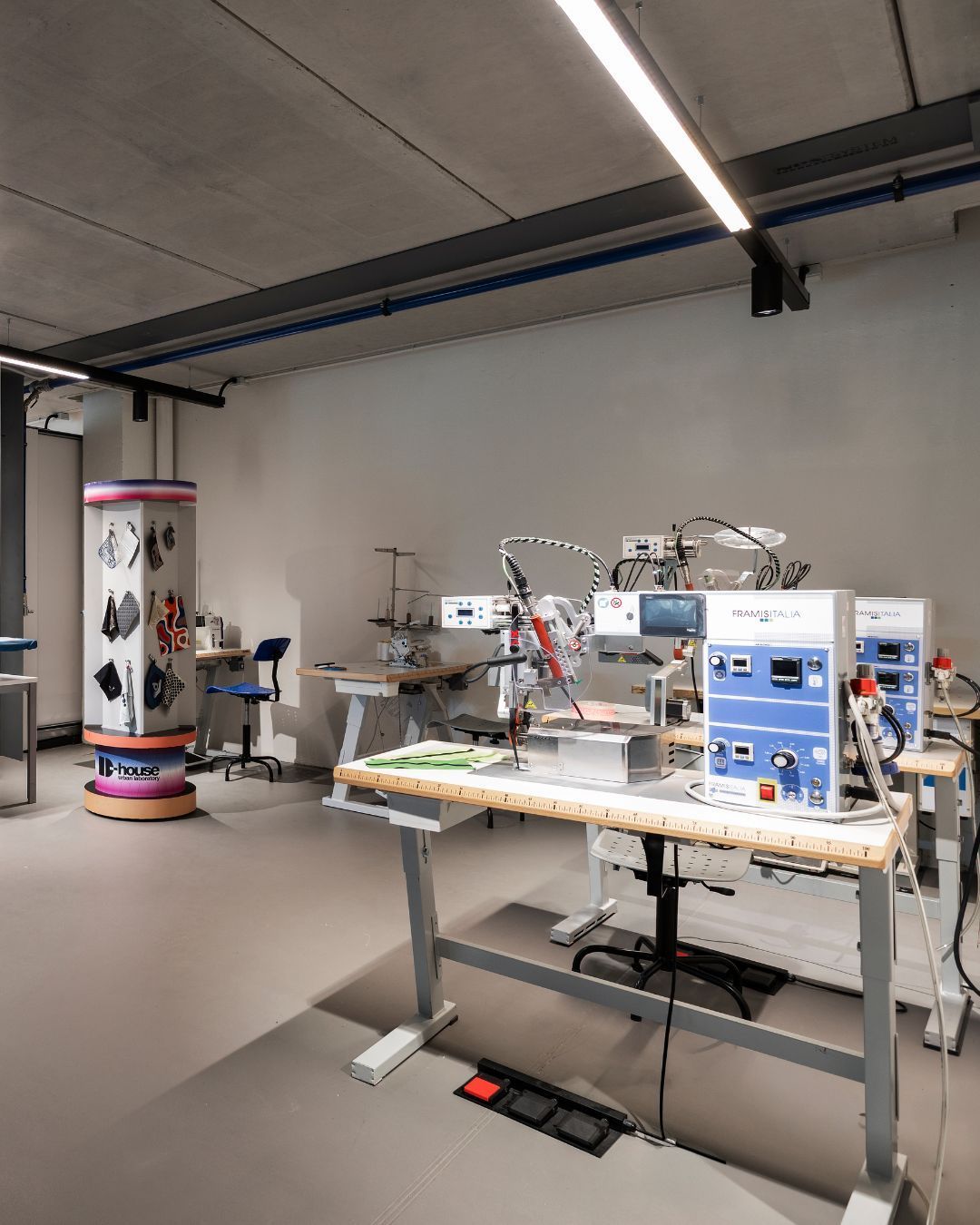
The debate on menstrual leave is now open also in Italy While the EU gives the green light to abolish the Tampon Tax, a petition in favour of smart working for women suffering from dysmenorrhoea is launched in Italy
It is official: Spain is the first country in Europe to provide the right to leave for painful menstruation. The Spanish Council of Ministers has approved the draft law on reproductive health and the right to abortion, which introduces, among other novelties, paid leave from three days up to five days (subject to a medical certificate) for women suffering from dysmenorrhoea. Many would like this very important step for women's empowerment and Menstrual Revolution to be taken in Italy as well. After various failed attempts to propose legislation in recent years, Alexia Alteri is trying to reopen the debate in our country by launching a petition on Change.org calling for the right to smart working for those who suffer from painful and disabling conditions. The text of the petition, which has reached almost 3700 signatures, reads:
"About 80 percent of women suffer from menstrual pain and often, because of this, in some months they are forced to be absent from work on the peak days of their menstrual cycle, taking advantage of the sick days they have available to them (a limited number of days that can be taken during the calendar year). If there is one thing these pandemic years have taught us, it is that smart working is not only absolutely possible but also absolutely efficient and effective. [...] It is certainly correct to make the possibility of smart working or teleworking during the two or three peak days of the cycle officially and legally recognized."
Altieri emphasizes the importance that this measure could have for "a woman with a particularly painful cycle, a pre-menopausal woman with a particularly copious cycle, or simply a woman who would like to work on those days in the comfort of comfortable clothes with her own hot water bottle and the possibility of taking care of her personal hygiene in a clean and intimate environment."
The hope is that the petition will have the same good fortune as the awareness-raising and social dissemination campaigns carried out by Giorgia Soleri and the Vulvodynia and Pudendal Neuropathy Committee, which allowed them to present a bill to the Chamber of Deputies on 3 May to recognize vulvodynia and pudendal neuropathy as chronic and disabling diseases, and to include them in the Essential Levels of Care guaranteed by the National Health Service.
Another important battle that concerns both women's health and the gender gap is the battle for the abolition of the Tampon Tax. Now the goal seems closer. On 5 April 2022, in fact, the European Union amended directive 112 of 2006, which stipulated that even for products defined as essential, the rate could not be lower than 5%. Removing this constraint effectively opens up the possibility for individual member states, and thus also Italy, to further reduce or eliminate taxation on menstrual hygiene products altogether. There are many countries in the world that have achieved this, such as England, Ireland, India, Jamaica, Lebanon, Nicaragua, Nigeria and Tanzania; while in France the Tampon Tax was reduced in December 2015, dropping from 20% to 5.5%, and in Belgium it went from 21% to 6% in 2018. In Italy, the process was long and complex, but after years in which the same VAT was applied on cycle-related products as on luxury goods, in October 2022 the rate was reduced from 22% to 10% on non-compostable tampons and menstrual hygiene pads (while compostables were already at 5%).

























































